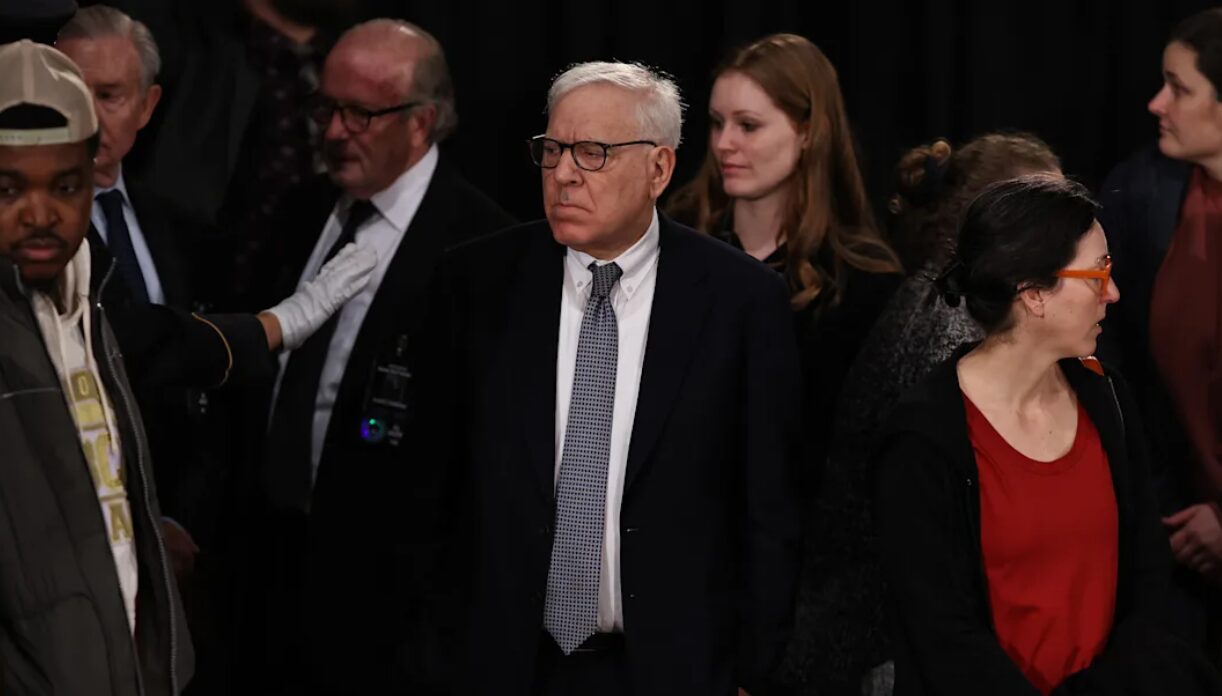David Rubenstein’s most recent comments should have Orioles fans worried about the team’s future spending
David Rubenstein’s latest comments throw cold water on Orioles fans’ payroll expectations
There has been a lot of dissatisfaction among Orioles fans regarding the team’s payroll this winter. On one hand, the payroll has roughly doubled compared to two years ago, with Baltimore projected to enter 2025 with a CBT payroll exceeding $ 160 million—something we haven’t seen in nearly a decade. On the other hand, most of the money spent by Mike Elias this winter hasn’t gone toward long-term contracts, as most signings have been for just one year, which has frustrated some fans.
However, there are reasons to feel optimistic about the team’s approach. They seem more willing to raise their budget, as shown by the number of major league deals made. The payroll increases we’ve observed are significant and hopefully will continue into 2026 and beyond, especially with some younger players on the team and potential contract extensions.
That said, David Rubenstein made comments at the World Economic Forum earlier this week that were not reassuring regarding the Orioles’ future payrolls. When asked by a Yahoo reporter about the Dodgers’ offseason spending, Rubenstein expressed a desire for MLB to implement a strict salary cap, suggesting that it could help balance the financial playing field between large and small market teams. Yikes.
Orioles’ owner David Rubenstein apparently wants a salary cap in MLB…welp, I guess he’s off the nice list
It’s true that many baseball fans, particularly casual ones, are upset about the Dodgers’ actions. If Los Angeles clinches another World Series title in 2025, the chatter will only intensify. However, despite MLB being the only major American sport without a formal salary cap, it actually exhibits the most parity among the four major sports. Over the last 25 years, MLB has had more distinct champions than any other major American league, and no amount of discussion about “parity” and “fairness” will alter the reality that the current system is effective.
Nonetheless, some people still argue that the large payrolls in MLB create a divide where only the wealthiest franchises can thrive. But that’s simply not accurate. The Mets, under Steve Cohen, have invested $ 1 billion over the past three seasons with minimal postseason success. Conversely, teams like the Guardians, Brewers, and Rays have found considerable success while operating on much smaller budgets.
There are various strategies for winning in MLB, and simply buying championships isn’t truly feasible. Rob Manfred has even acknowledged that the postseason format is designed to give an advantage to lower seeds, preventing the top teams from dominating too frequently. The Dodgers’ approach isn’t necessarily detrimental to baseball, even if they were to win another title in 2025.
What would harm baseball is the introduction of a salary cap. It would be a disastrous outcome for players, significantly limiting their share of MLB revenues. It would also be detrimental to fans, especially those of teams currently willing to invest in their on-field success, like the Dodgers, Phillies, and Mets. A salary cap wouldn’t enhance competition; instead, it would significantly boost profits for team owners. It’s worth noting that these same owners, who have been misleading fans for years, would be eager to restrict what players earn by instituting a salary cap. It’s disappointing to see so many fans supporting this notion.
Typically, such sentiments would be expected from owners like Bob Nutting and Bruce Sherman, whose teams have never truly competed financially with the top-tier franchises. However, hearing these comments from Rubenstein, who is relatively new to his role, is disheartening. Orioles fans are eager for a new era in Baltimore, but if Rubenstein has his way, that future may never come to pass.



No Comment! Be the first one.